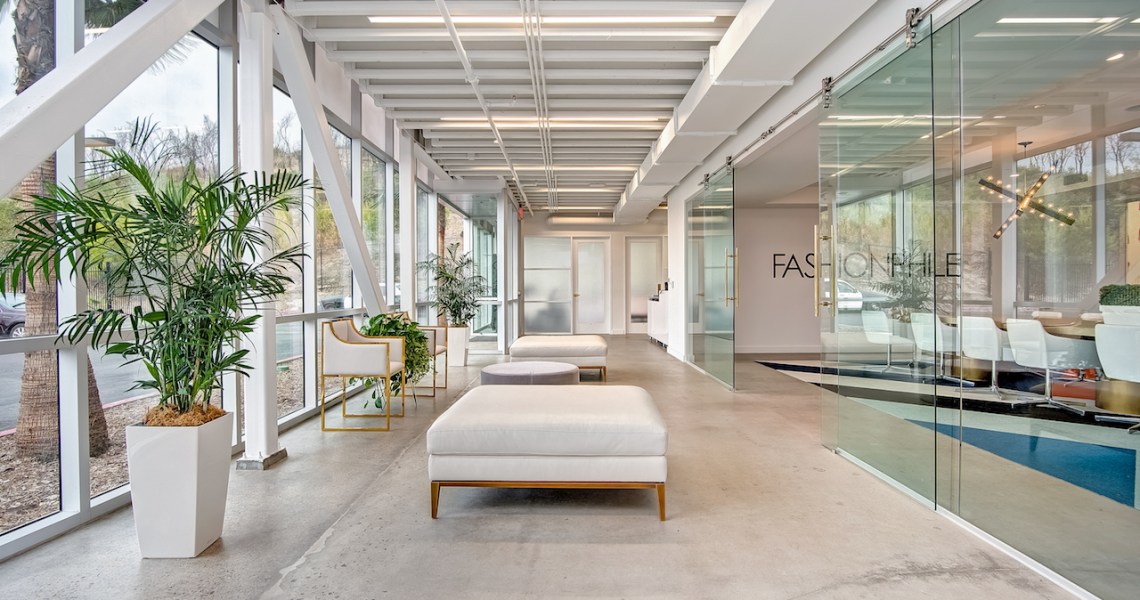In April, luxury retailer Neiman Marcus became one of the first luxury retailers to participate in the resale market when it acquired a minority stake in resale platform Fashionphile.
Later this year, Fashionphile will open resale spaces within a number of Neiman Marcus stores around the country, where customers can come in and sell their luxury handbags (the exact timing is still up in the air). At a time when the relationships between luxury brands and resellers is competitive, retailers like Neiman Marcus serve as a way for the primary and secondary markets to work together.
Fashionphile founder and CCO Sarah Davis walks Glossy through what made the Neiman Marcus partnership a good fit and what the next few years holds for the company.
How did your partnership with Neiman Marcus come about?
We saw so many potential synergies between us and them, but over the years brands in the luxury space have been so careful around resale and some have been really been challenging the resale market. We have a little PTSD about our relationship with these brands. When Neiman Marcus expressed interest, we didn’t want to get too excited , but the CEO of Neiman Marcus, Geoffroy Van Raemdonck, is forward-thinking. Early on in the conversation, we realized that this was going to work. We’ve always been profitable, growing 50% per year, but we got to a point where we knew we needed investors to keep growing. Neiman Marcus understands luxury, and they knew we were luxury-focused.
We drive a lot of business for brands. When you sell a bag to us through Neiman Marcus, you can get 10% more in store credit. We have a lot of anecdotal stories about our customers buying from Chanel, selling to us and then using that money to buy more from Chanel. We can now go back to the brand and say in 2019 Neiman Marcus did millions of dollars worth of business for your brand. I can’t see any of these players not involved in the resale world in five years, especially the ones that are super against it now. They’ll need help from us.
Authentication is a big part of resale today. What’s your process like?
We have Fashionphile University where we go brand by brand. We have an entire library of all the colors and years, technology, and teach our authenticators what to look for. Returning a fake is a huge hassle, and we want to deter people from sending us fakes. We pay to process and authenticate the bag, repackage it and ship it back. It’s really expensive, so we implemented a $75 fee if it’s fake and a $125 fee if it’s a fake Hermes. When you sell it, you certify that you believe it’s real and you agree to pay if it’s not. A number of people ask not to send it back, so we take it as a donation and use them to train our authenticators. We keep them in what we call “the graveyard.”
How do you stand out within the crowded resale market?
One thing we’ve done well is we know who we are and who we are not. We are about luxury handbags and we don’t do anything else. A Chanel jacket is so beautiful and so much money, but we don’t take it because that’s not in our wheelhouse. Our niche is so narrow, but it’s very lucrative. What that means is for us is to put out a super broad ad like, a TV commercial, would be casting a huge wide net hoping to catch four fish. Think about how many people you know who regularly carry around a $5,000 bag. Rather than trying to cast this huge net for this relatively small and scattered customer, we try to treat the customers we have well — we make everything seamless, easy and beat any other platform’s offer. That way we can capture that small audience and keep them coming back.




